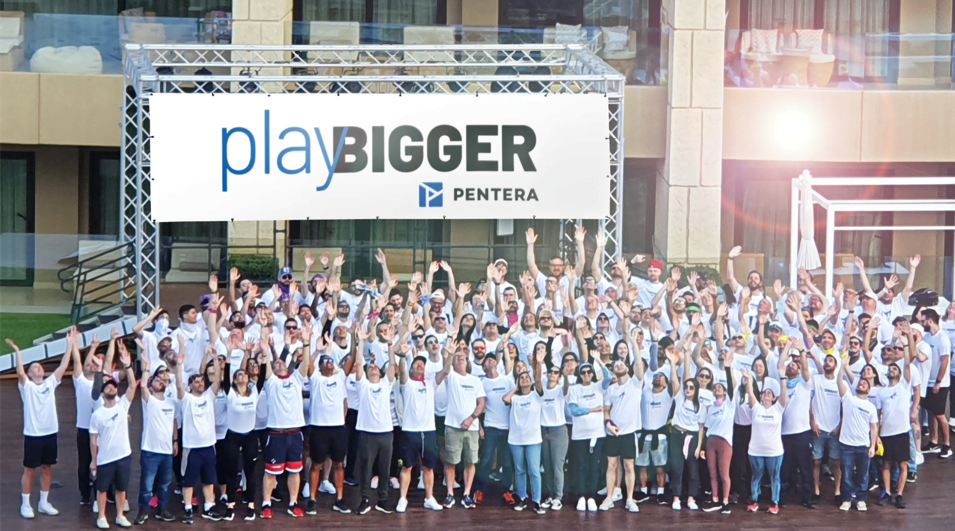Automated security validation firm Pentera, announced last week the launch of its new research arm Pentera Labs to actively monitor threat intelligence feeds, pinpoint new critical vulnerabilities, and the latest adversarial attack strategies.
Pentera Labs serves as the research powerhouse behind Pentera’s automated security validation platform.
The company has also made its recent publications regarding newest cyber attack tactics available to any cybersecurity firm looking to improve their identification and analysis capabilities. Pentera’s findings are made accessible via its security platform to which subscribers can learn from and update their cyber security protocols accordingly.
Pentera Labs went on to submit new attack techniques to the MITRE ATT&CK framework, and subsequently became an official contributor to the globally-accessible knowledge base of adversary tactics and techniques.
Founded in 2015, Pentera runs a network penetration testing platform engineered to analyze and reduce cybersecurity risk to corporate enterprises around the world in multiple geographic markets. The automated platform is operated remotely in both the cloud and on company premises to detect, assess, and apply remediation efforts on breachable vulnerabilities. In fact, Pentera Labs recently identified and publicly disclosed two zero-day vulnerabilities in VMWare vCenter, quite possibly exposing more than 500,000 organizations worldwide.
“Every day, Pentera Labs’ research team steps into an adversary’s mindset to safely probe the security controls protecting top enterprises,” said Alex Spivakovsky, VP of Research at Pentera Labs. “Pentera Labs’ findings are fueling the engine that powers the Pentera platform with research-based threat intelligence, providing our customers with the latest information on real-world vulnerabilities and attack techniques. By sharing Pentera Labs’ research with the greater security community, we are proud to be helping security practitioners all around the globe efficiently detect and remediate threats and security gaps before they are exploited.”
Related posts

Israeli AI Safety Tool Among TIME’S Best Inventions For 2024

TAU Team Discovers Mechanism To Eliminate Cancerous Tumors

Ashdod Port Investing In Startups As Part Of Innovation Strategy




Facebook comments